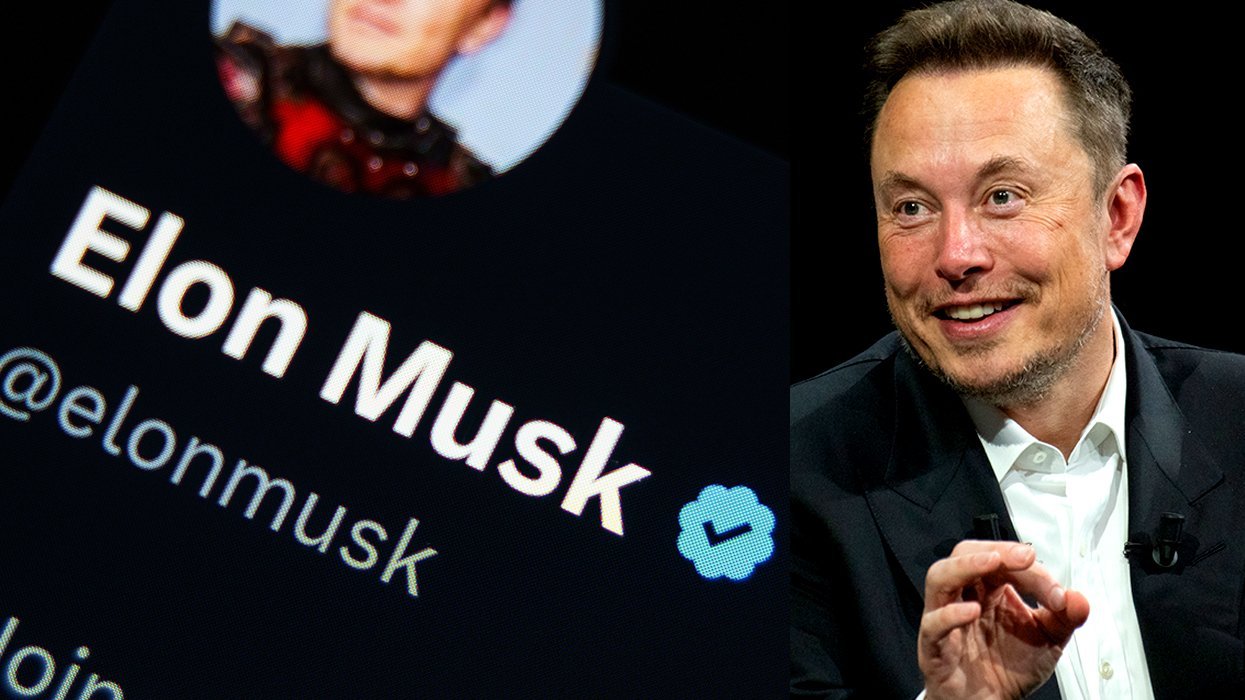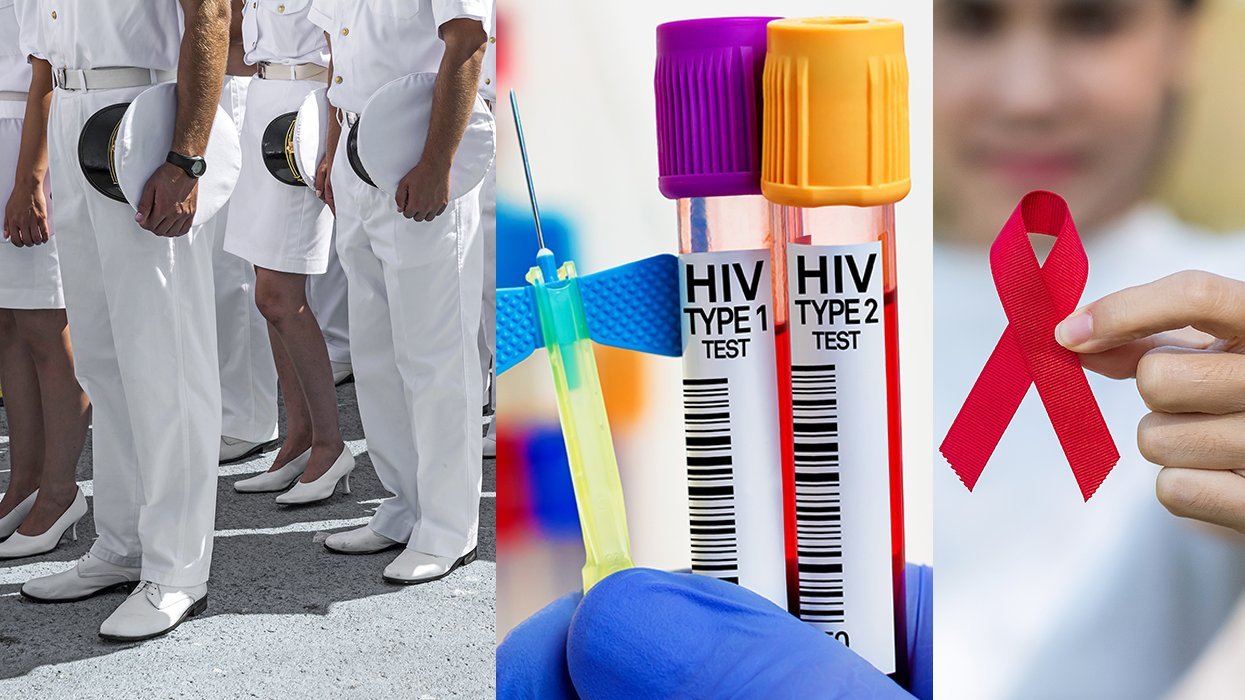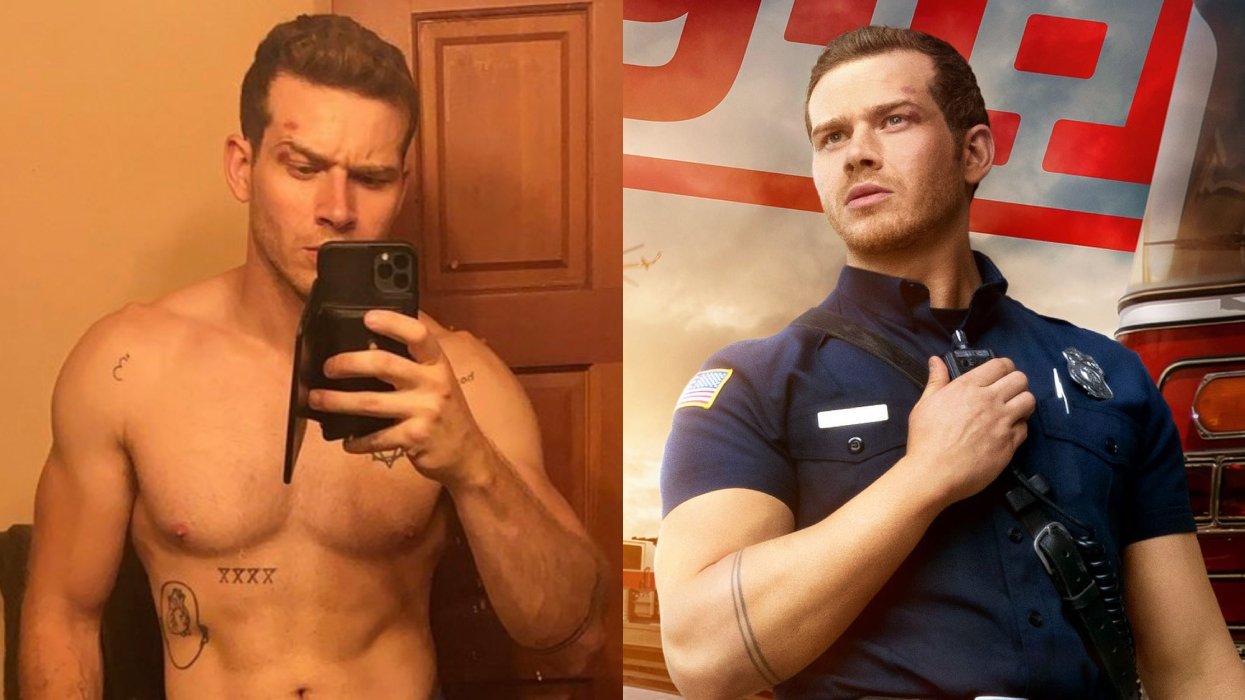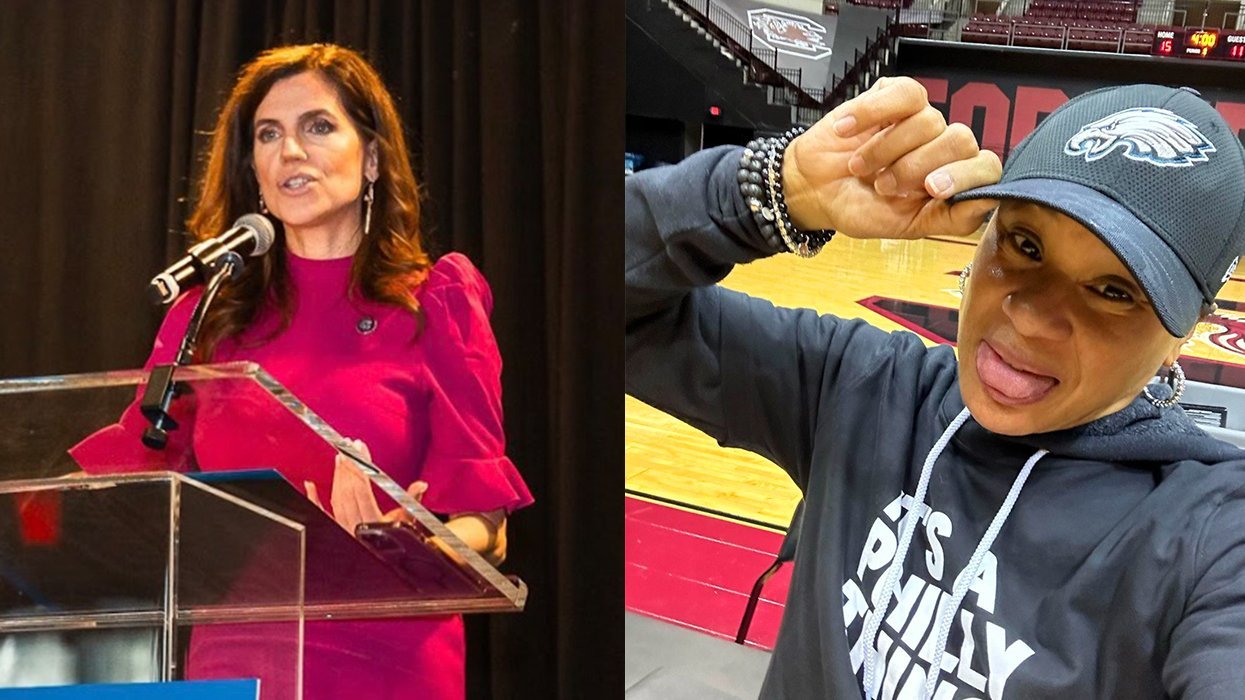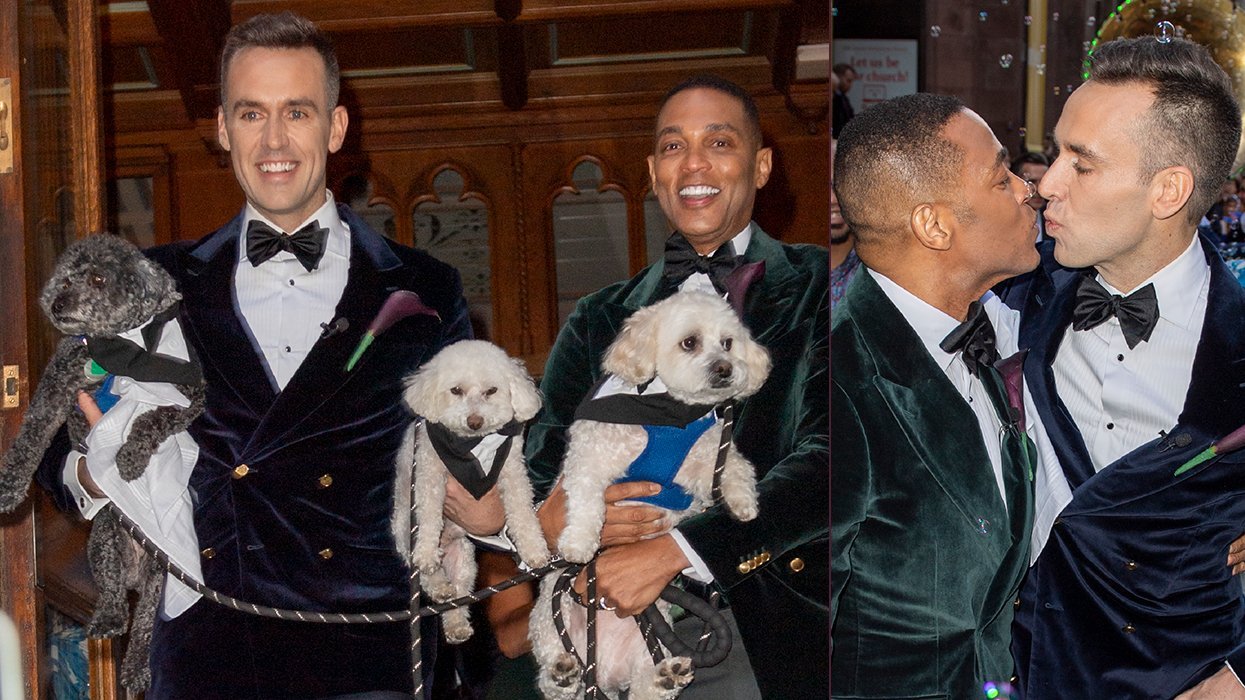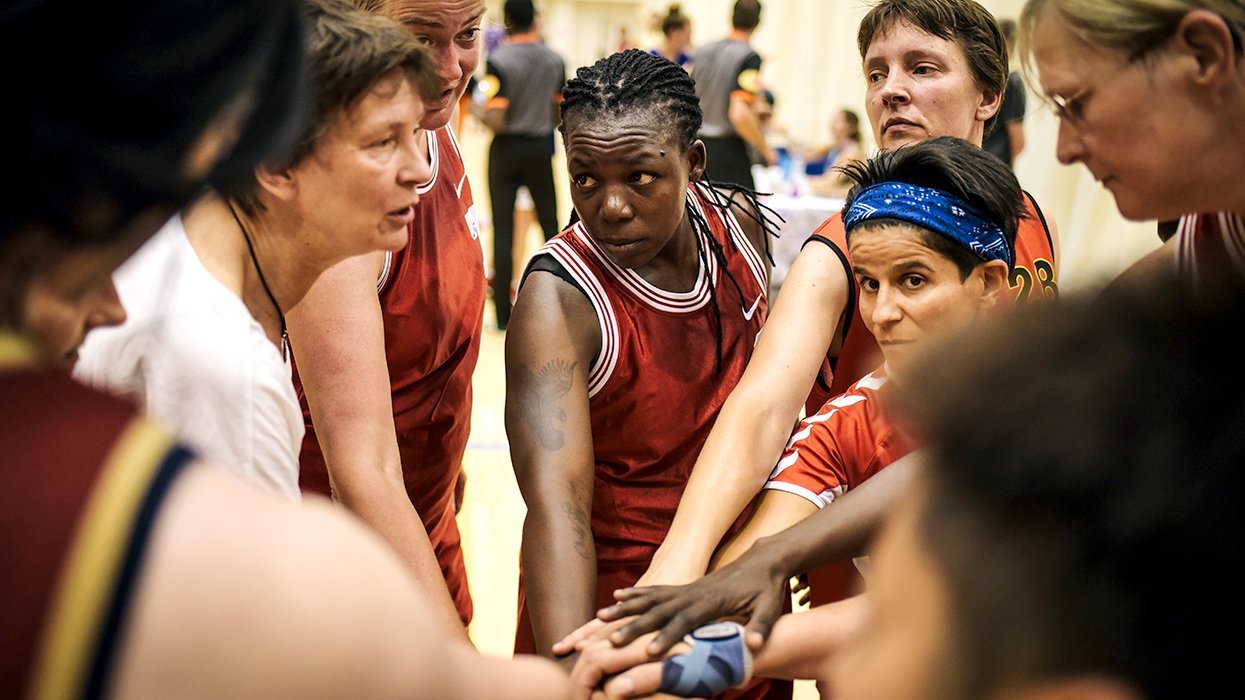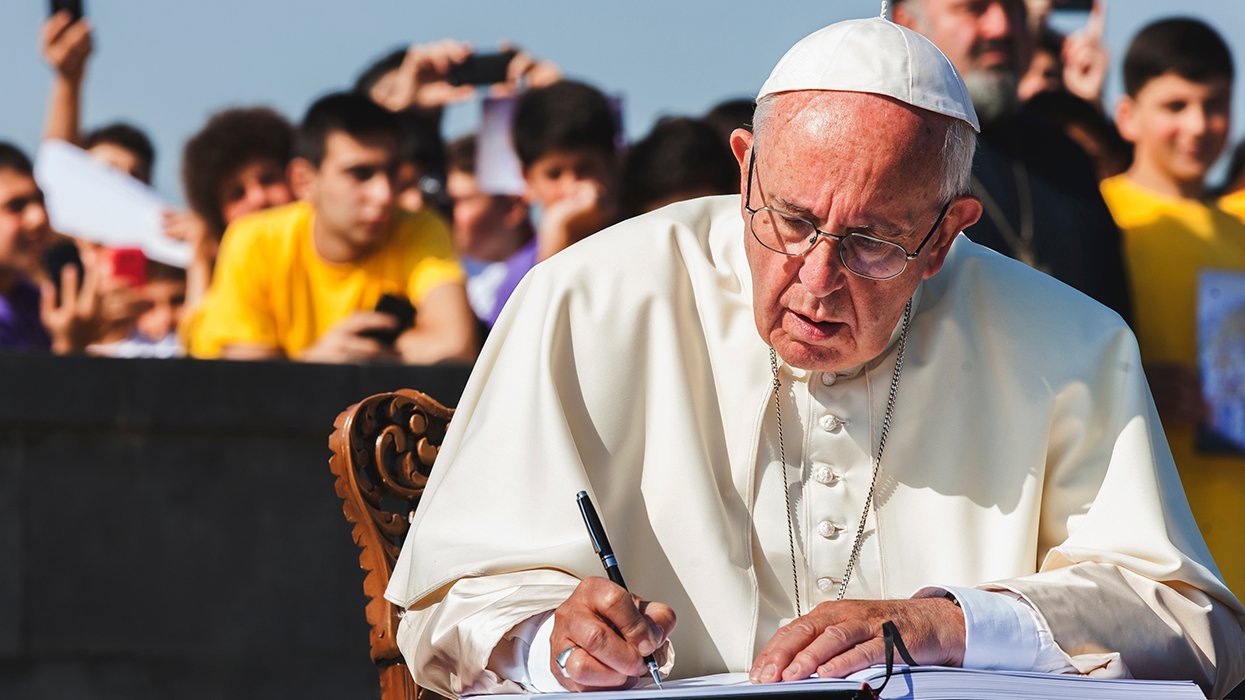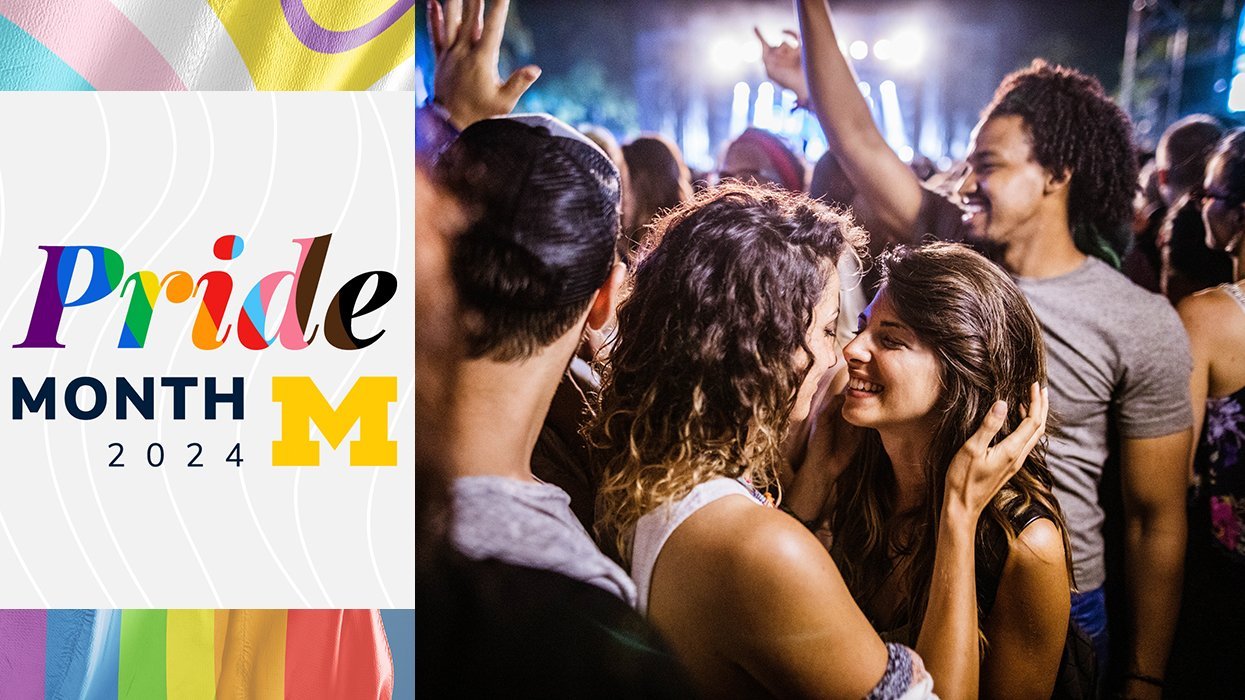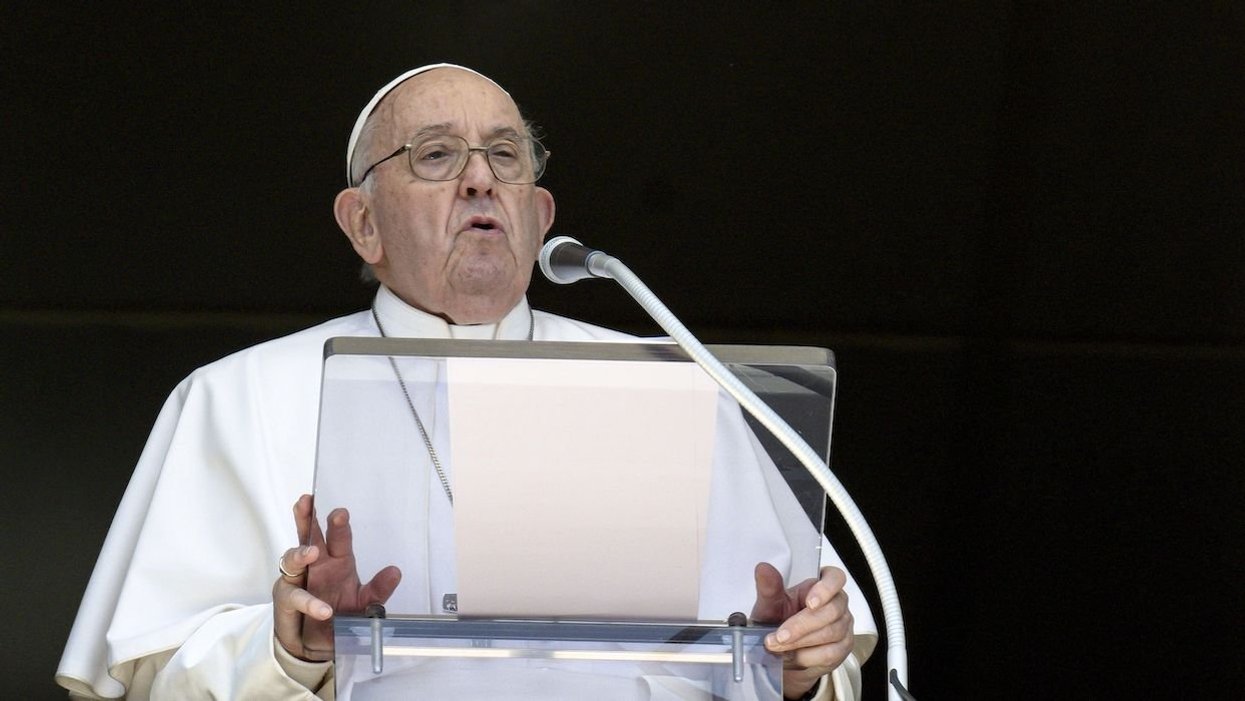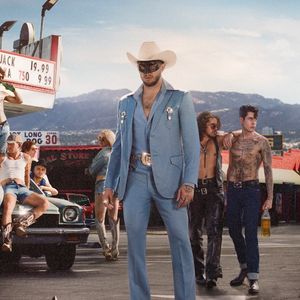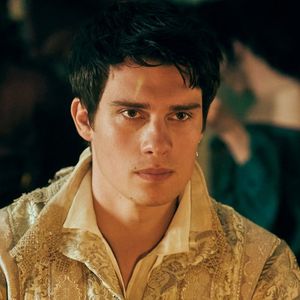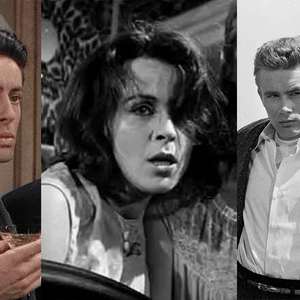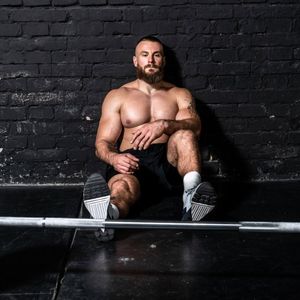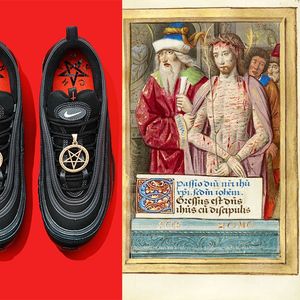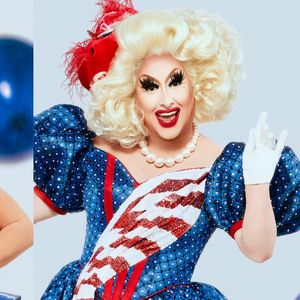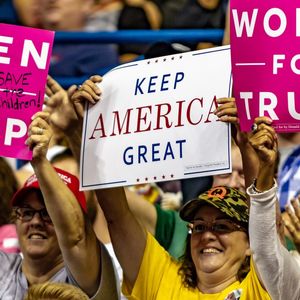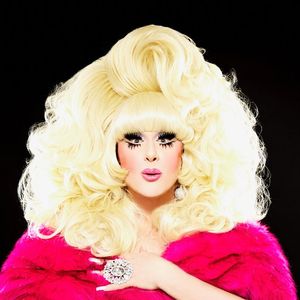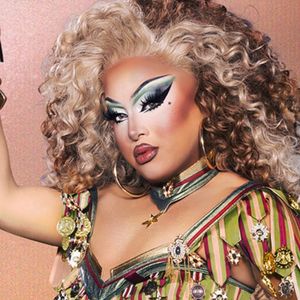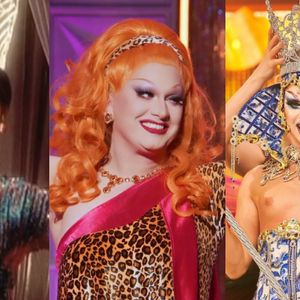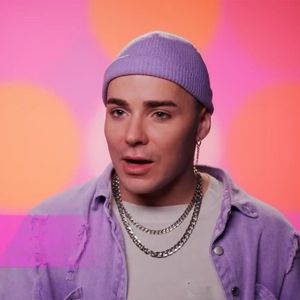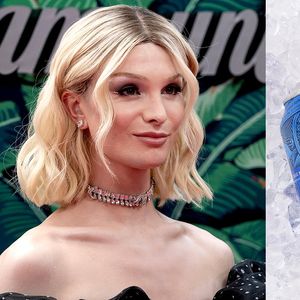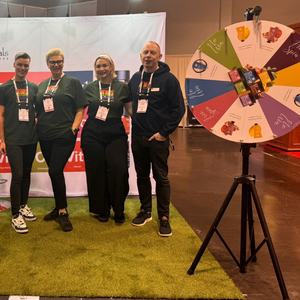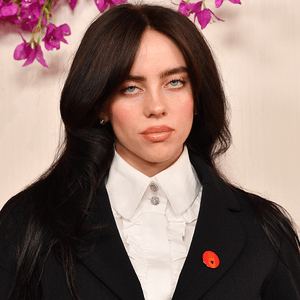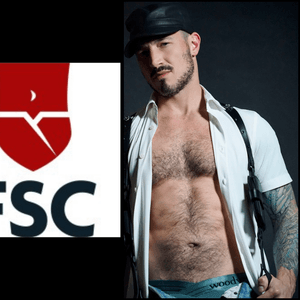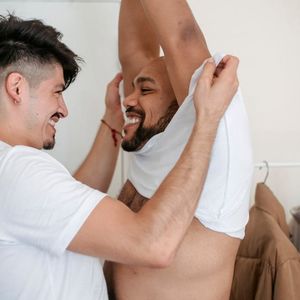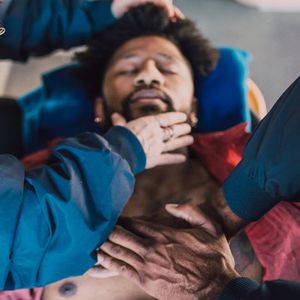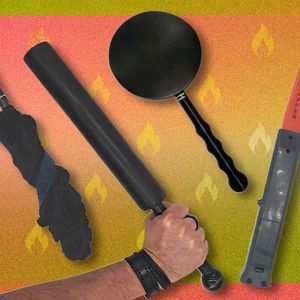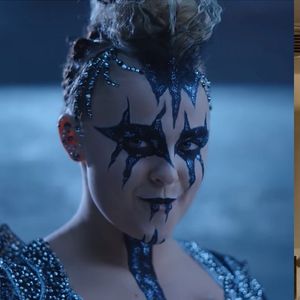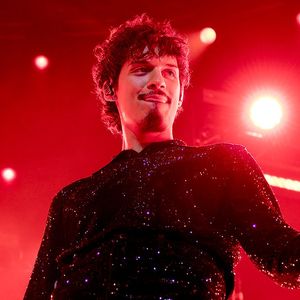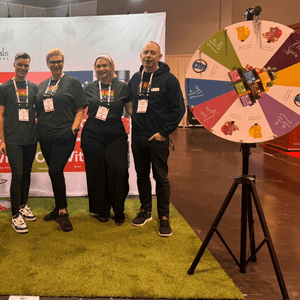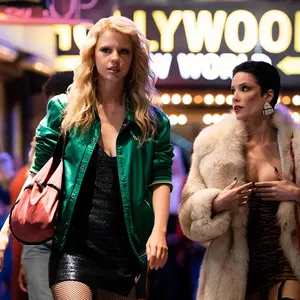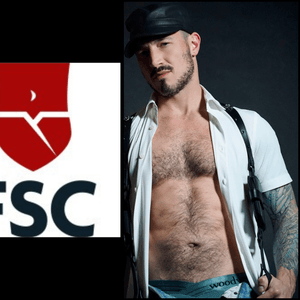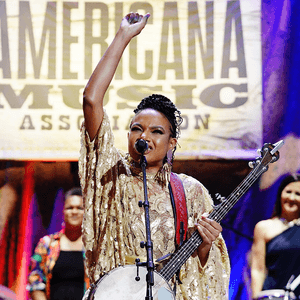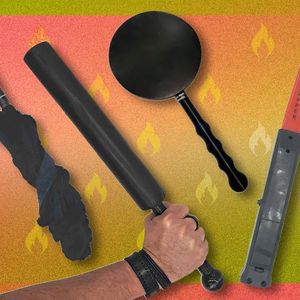CONTACTStaffCAREER OPPORTUNITIESADVERTISE WITH USPRIVACY POLICYPRIVACY PREFERENCESTERMS OF USELEGAL NOTICE
© 2024 Pride Publishing Inc.
All Rights reserved
All Rights reserved
By continuing to use our site, you agree to our Private Policy and Terms of Use.
When South Florida's WPYM-FM took to the airwaves on the last day of December 2001, the dance music outlet owned by Atlanta-based Cox Radio didn't set out to do much more than reflect the pulsing South Beach club scene. With few commercials and endless blocks of hopped-up top 40 mixes and underground club hits, "Party 93.1" quickly found its way into bars, cars, and gyms--a format tailor-made for clubgoers and fitness buffs who comprised the station's core audience. Then, just a few months into in existence, WPYM took a turn. Interspersed between such songs as Razor N' Guido's "Do It Again" and the latest Madonna remix as well as ads for Cadillac and Budweiser came a slate of new promos for such events as the Miami Gay and Lesbian Film Festival, Fort Lauderdale's gay pride parade, and AIDS fund-raisers like Miami's world-renowned White Party. What was striking, though, was not that WPYM had recognized that many of its listeners were gay but the matter-of-fact way the station addressed it. This was more than a year before Bravo and NBC hit pay dirt with Queer Eye for the Straight Guy, a show that has certainly loosened parameters in mainstream broadcasting. Yet back in early 2002, WPYM simply went about things as if 100,000-watt radio stations in major markets had always been the proud sponsors of gay-themed events--even though it was an approach that most conservative-programming hit-radio corporations had likely never even considered. "This has been a pretty gutsy move," says Sean Ross, a radio analyst with New Jersey-based Edison Media Research. "Cox has certainly proven to be more innovative." Given all that has recently transpired in television, should the FM dial be gearing up for gay themes? Has WPYM made a case that bears watching? "If sales managers aren't thinking about it, they should be," says Carmen Cacciatore, cofounder of New York-based gay street marketing firm Fly-Life Music. "Radio has been behind the curve. They've been cautious. But things have definitely opened up. Gay spending power is enormous. Once there's more clarity and more research, they're going to get that it's just as important as testing the Hispanic or African-American market or any market." WPYM program director Phil Michaels Trueba says the only way to make it work is with an all-or-nothing commitment. "We take the risks, and if it hurts us, so be it," Trueba says. "We're not gonna be fake about it and only do it halfway. Stations that try and clone this format but only dip their toe in don't make it. This station is not run from a corporate headquarters in Atlanta. We're authorized to make local decisions." At the very least, WPYM has clearly struck a tone that could be instructional elsewhere, though that was never the intent. Straight guys Trueba and Michael Disney, the station's vice president and general manager, freely admit that going in, they had only cursory knowledge of the gay marketplace and no idea just how much of their audience would be gay. It didn't take long for them to learn, but they acknowledge that they still weren't quite sure how best to reach the gay audience in an authentic manner without alienating listeners and advertisers. Going on little more than gut feeling, they took their first tentative steps in April 2002, when they accepted an invitation to sponsor Miami's Gay and Lesbian Film Festival. "It just kind of happened," Disney says. "We found it to be interesting, we began to do some things in the community, and it was very well-received by all of our listeners." After the strong response, the station moved quickly in researching and hiring staffers with more specific marketing knowledge. "It all comes down to autonomy," Cacciatore says, "and props to Cox for letting these guys understand their market. They saw something, they identified it, and they went after it." Advertisers both sexy and stodgy followed. McDonald's, BellSouth, Sprint, Major League Baseball's Florida Marlins, Miller Beer, AutoNation, and even conservative local papers like the South Florida Sun-Sentinel are regulars. Just as quickly, the station launched a community-minded Sunday morning talk show, Issues Over the Rainbow. In addition to the local and national politicians who have appeared, Cyndi Lauper, Margaret Cho, Bruce Vilanch, and Sir Ian McKellen have all been by, as have cast members from Queer Eye and HBO's Angels in America. But those expecting an over-the-top hour on divas and decorating will be disappointed. Rather, it's a measured, low-key affair about equal rights and everyday life that has listeners from all corners. "It's just about everybody's concerns, from both a straight and gay perspective," says host Mark Gilbert, who goes by the on-air handle of Marky G. "I see something kind of magical about it." Although talk had circulated that Cox was thinking of changing WPYM's format, recent ratings have been strong enough to put that rumor to rest: WPYM leads the market with Latino men 18-34 and ranks third with all men. With a 5.9 share, it now places ahead of WHYI-FM, the market's long-running top 40 outlet. "People always say we're not mainstream," Trueba says. "Well, you can't get any more mainstream than beating the mainstream." Trueba says that no matter the ratings, the station is profitable because overhead is low. While there are no DJs, WPYM does employ well-known, mostly freelance personalities who appear on the air occasionally but whose job is to provide the energy at constant, communitywide promo events. What matters now, Cacciatore says, is to integrate gay themes beyond the dance format into "all areas of radio. If you have an on-air talent who just happens to be gay, you don't have to hit everyone over the head with it," Cacciatore says. "It's just something that becomes part of the mixture."
Want more breaking equality news & trending entertainment stories?
Check out our NEW 24/7 streaming service: the Advocate Channel!
Download the Advocate Channel App for your mobile phone and your favorite streaming device!
From our Sponsors
Most Popular
Here Are Our 2024 Election Predictions. Will They Come True?
November 07 2023 1:46 PM
17 Celebs Who Are Out & Proud of Their Trans & Nonbinary Kids
November 30 2023 10:41 AM
Here Are the 15 Most LGBTQ-Friendly Cities in the U.S.
November 01 2023 5:09 PM
Which State Is the Queerest? These Are the States With the Most LGBTQ+ People
December 11 2023 10:00 AM
These 27 Senate Hearing Room Gay Sex Jokes Are Truly Exquisite
December 17 2023 3:33 PM
30 Steamy Photos of Folsom Street Fair 2023 Debauchery
October 15 2023 11:06 PM
10 Cheeky and Homoerotic Photos From Bob Mizer's Nude Films
November 18 2023 10:05 PM
42 Flaming Hot Photos From 2024's Australian Firefighters Calendar
November 10 2023 6:08 PM
These Are the 5 States With the Smallest Percentage of LGBTQ+ People
December 13 2023 9:15 AM
Here are the 15 gayest travel destinations in the world: report
March 26 2024 9:23 AM
Watch Now: Advocate Channel
Trending Stories & News
For more news and videos on advocatechannel.com, click here.
Trending Stories & News
For more news and videos on advocatechannel.com, click here.
Latest Stories
The Advocate's Jake Shears cover: Go behind the scenes
April 08 2024 4:17 PM

Pride
Yahoo FeedUnlocking a new level of beauty with Dr Botanicals' ethical skincare line
April 08 2024 3:39 PM

Pride
Yahoo FeedUnleash your wild side with The Pride Store’s beginner’s guide to kink
April 08 2024 3:34 PM
'Written in the Stars:' University of Michigan hosts 'Pride Prom' for LGBTQ+ students
April 08 2024 12:51 PM
Best tips to see today’s eclipse, according to this famed gay astrophotographer
April 08 2024 11:17 AM
Vatican condemns gender-affirming surgery as threatening ‘unique dignity’ of a person
April 08 2024 9:20 AM
These are the most challenged library books in America — yes, most are LGBTQ+
April 08 2024 8:31 AM
Trending stories
Most Recent
Recommended Stories for You















